Mozambique: No need to isolate mpox patients in health facilities
Palma: “Situation is dramatic and catastrophic” – DW

The director of the Centre for Democracy and Development, Adriano Nuvunga, characterises the situation in the town of Palma as “dramatic and catastrophic”, and interprets President Nyusi’s silence as an acknowledgement of failure on the ground.
Since the attacks of last Wednesday (24.03), reports on the ongoing terror in the town of Palma, in Cabo Delgado province, northern of Mozambique, continue to filter in. Without advancing actual numbers, the international press reports that there have been dozens of beheadings, and that thousands of people have fled the district towards Pemba.
The President of Mozambique, Filipe Nyusi, has so far not officially said anything about the attack, which has already provoked reactions from the European Union, the United States and several of Mozambique’s international partners in.
In an interview with DW Africa, the director of the Centre for Democracy and Development (CDD), Adriano Nuvunga, interprets Nyusi’s silence as a recognition of the failure of his strategy to ensure stability in Cabo Delgado, and argues that Mozambique must find a strong international partner in the West to counter the terrorist attacks there.
DW Africa: What is your perception of what is happening in Palma?
Adriano Nuvunga (AN): The perception we have is of a drama. And the situation in Palma, in particular, is one of catastrophe. When you lose lives like that, it’s catastrophic …
DW Africa: Is there transparency on the part of the Mozambican government about what is happening?
AN: No. There is no transparency and there is no access to information. Not only because the mobile phone tower fell, but because the work of journalists who were trying to cover the arrival of those who managed to reach Pemba was made difficult by the police authorities.
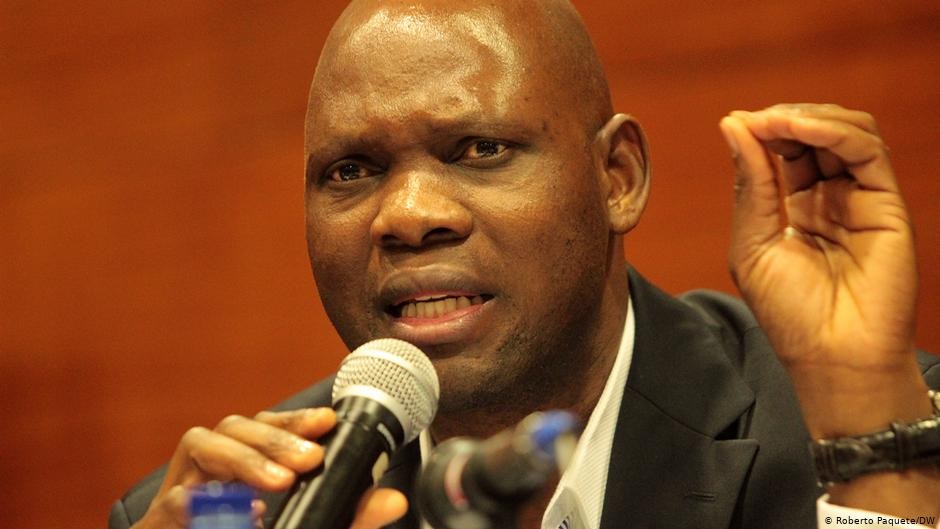
DW Africa: What options does Mozambique have for restoring order in Palma? Is it another case like Mocímboa da Praia, which has been in the hands of the insurgents since August 2020?
AN: The option that Mozambique really has is to identify a strong international partner. The idea of working with mercenaries, as it has been doing, is not only a clear violation of the law, but even risks war crimes. But it [the strategy] also lacks the capacity to deal with the situation. So, in my view, Mozambique has to find a strong partner; a strong western country that can not only help recover Palma, but also stabilize the security situation in Cabo Delgado.
DW Africa: Wouldn’t an organisation like SADC be such an ideal partner?
AN: There is a great deal of difference between the ideal and the real. We have been advocating for SADC [intervention] for more than two years now, but we haven’t heard anything since last May’s meeting on security policy and cooperation in the security industry. So, it doesn’t seem to us that SADC, which has even had the ‘experience of intervention in the Democratic Republic of Congo, is in a position to intervene at this moment.
DW Africa: How do you interpret the silence of the President of Mozambique, Filipe Nyusi?
AN: It seems that this silence is an acknowledgement that there has been a security and military failure on the ground. But it is important for the political authorities of Mozambique to show their face, because Palma is the green zone of Cabo Delgado – a strategic area. A large number of lives, including foreigners, have been lost. We appreciate that the press conferences that Colonel Omar Saranga holds are very important, but there had to be a public presence at the highest level, because what is happening in Cabo Delgado is truly catastrophic.


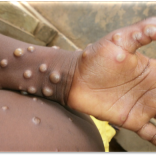



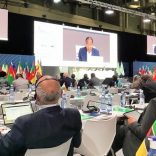
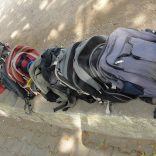



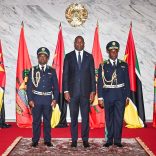
Leave a Reply
Be the First to Comment!
You must be logged in to post a comment.
You must be logged in to post a comment.